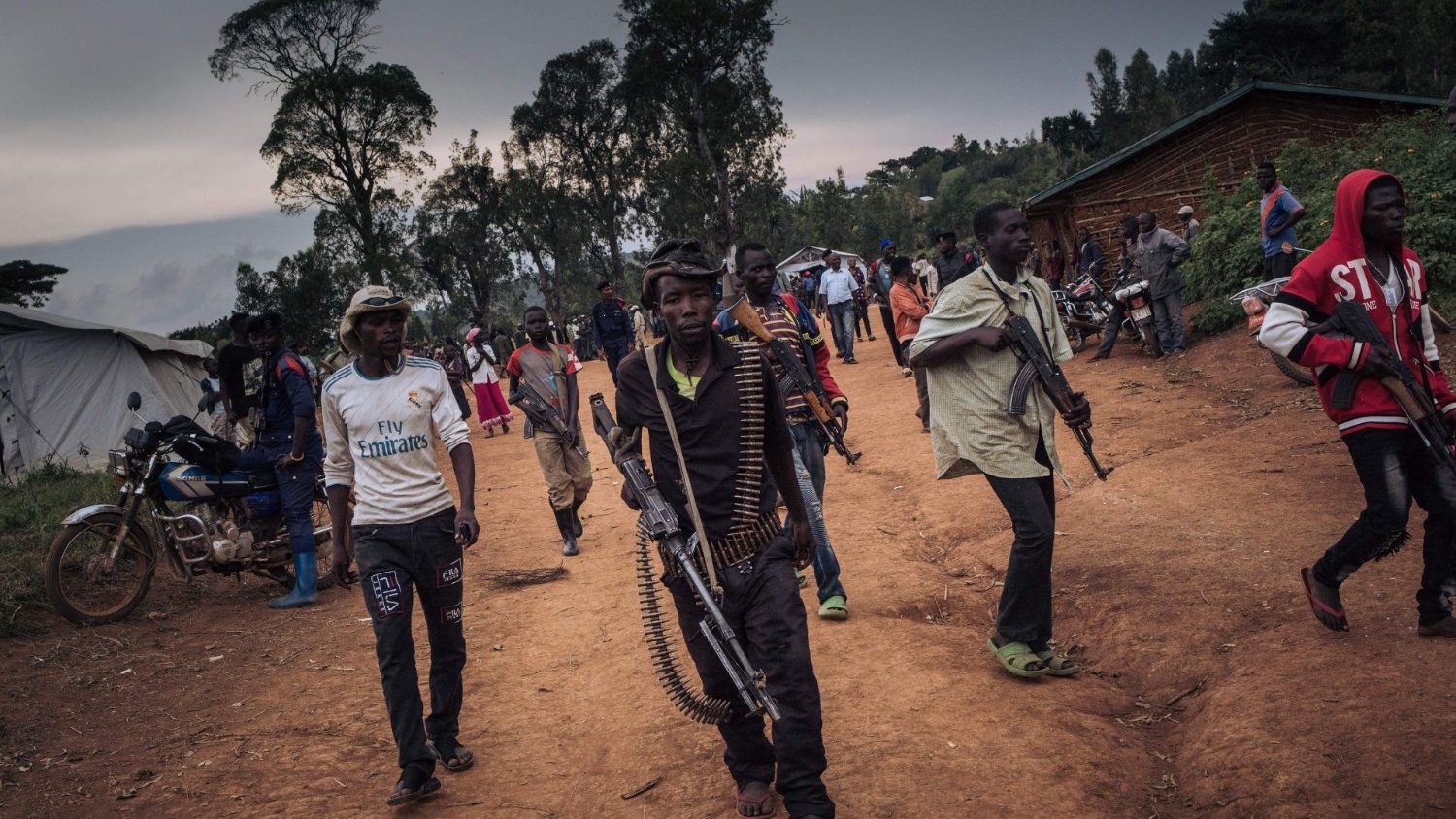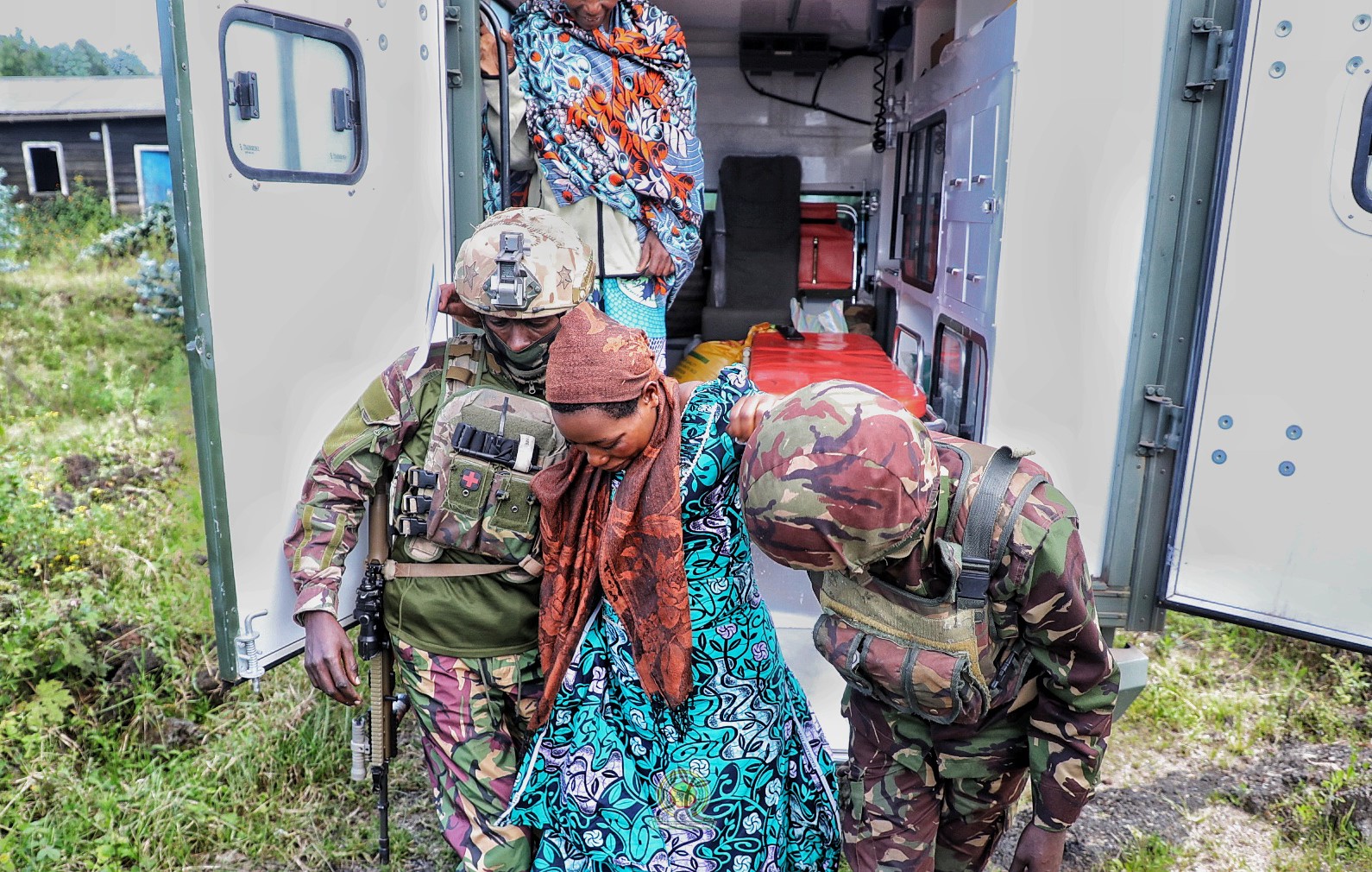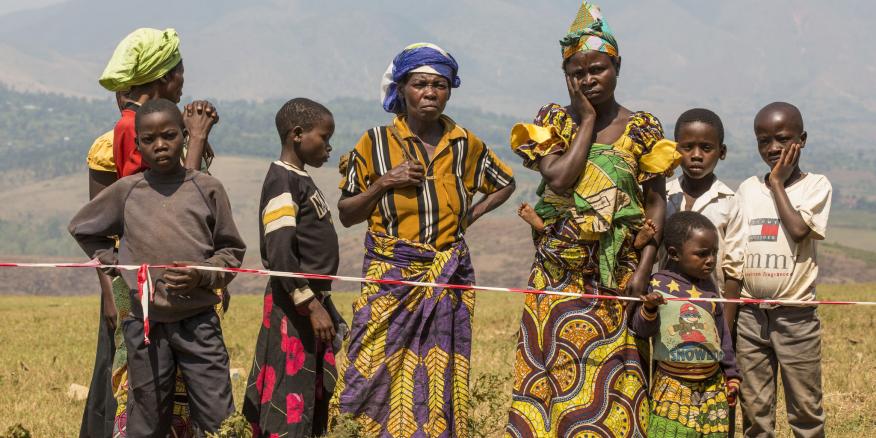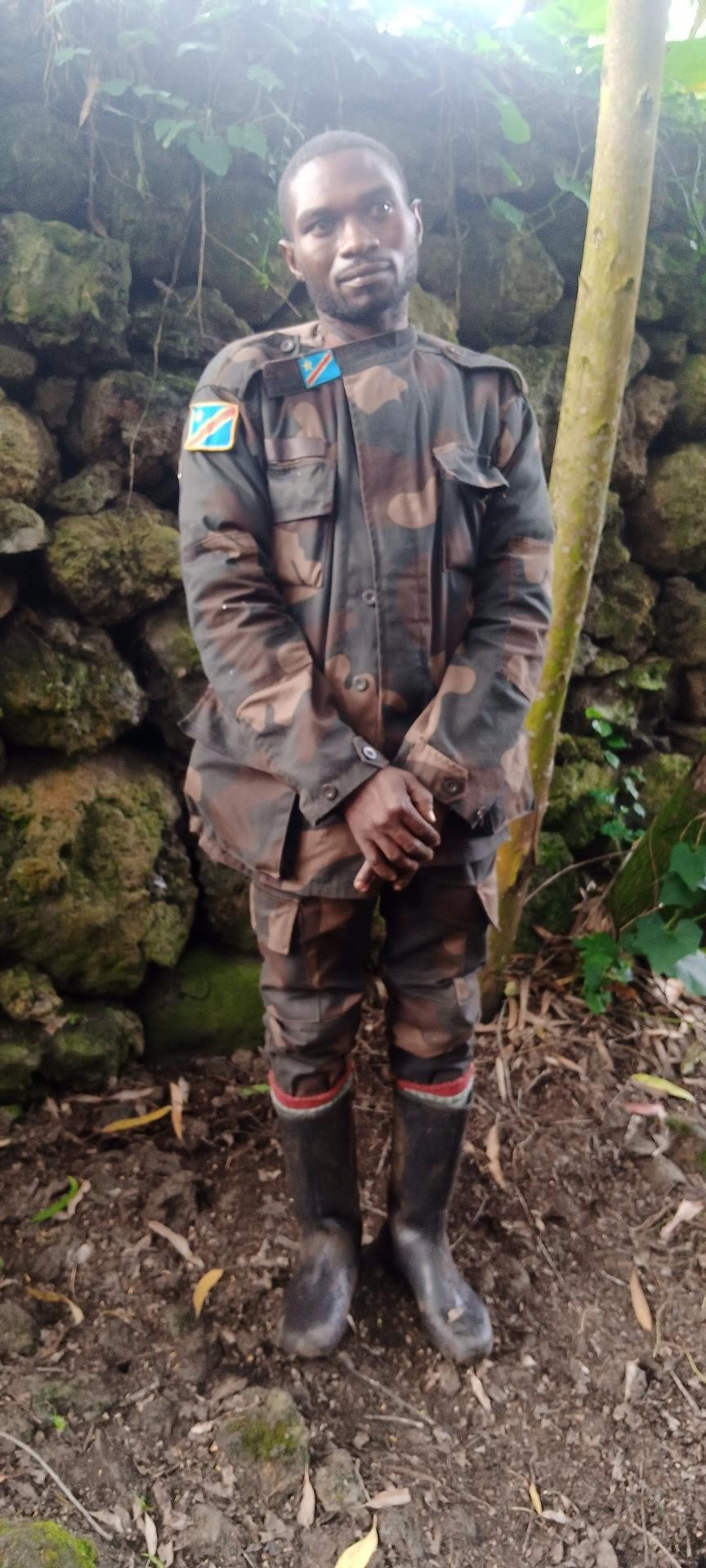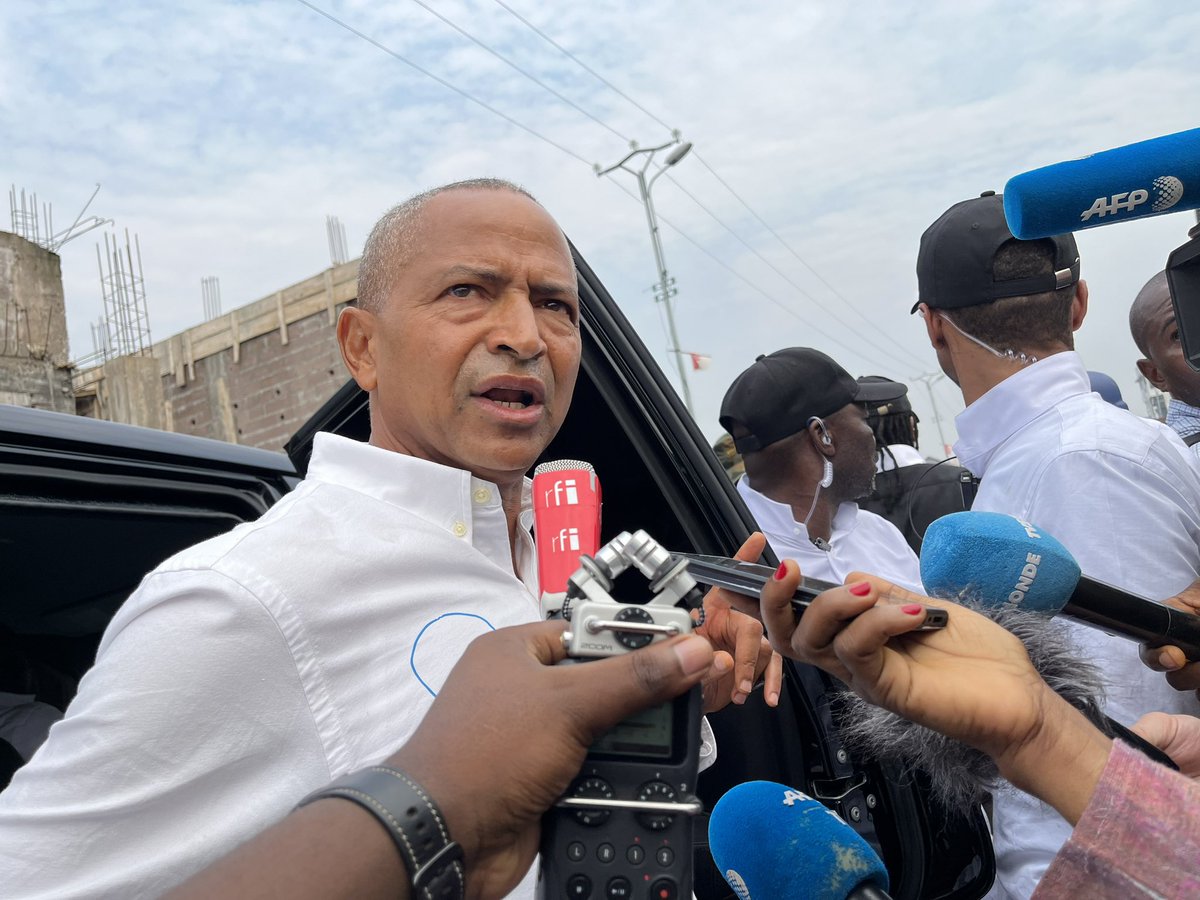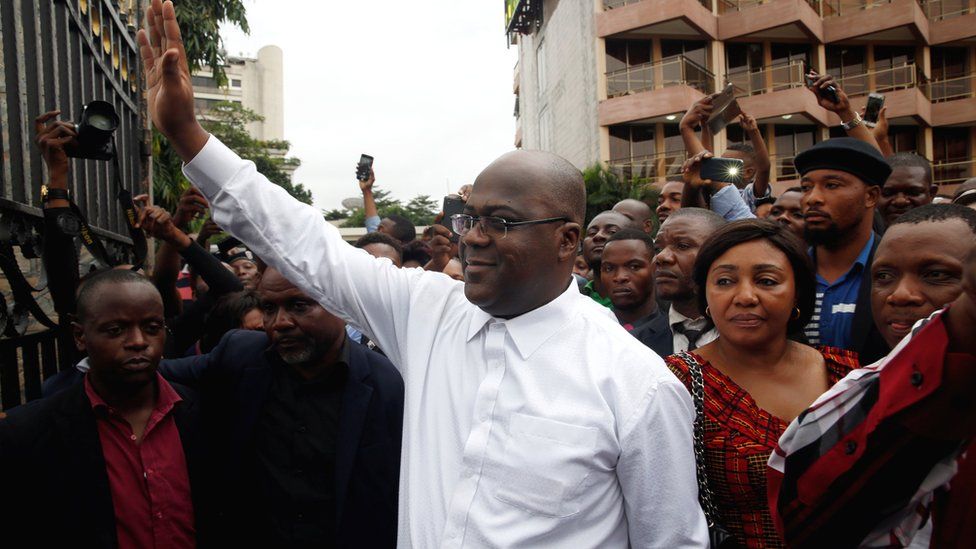Regional
DRC crisis: EAC leaders insist on political solution, but will Kinshasa really budge?
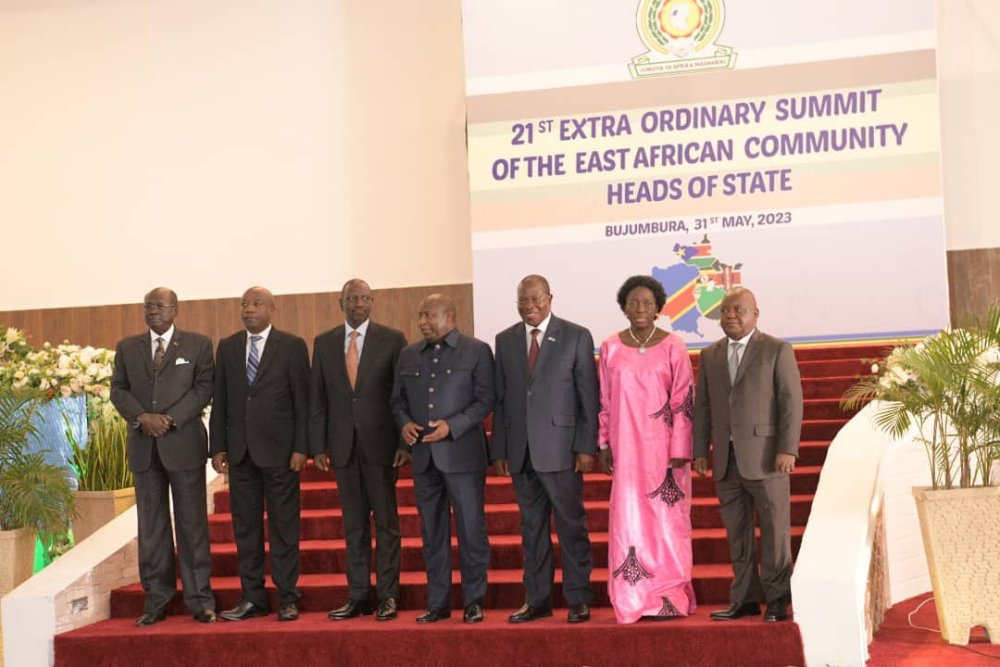
East African Community (EAC) leaders, on May 31, convened
in the Burundian commercial capital, Bujumbura, to discuss the way forward in
relation to the restoration of peace and security in eastern DRC, among others.
Among the resolutions, the 21st extraordinary EAC
summit reaffirmed “that the security situation in eastern DRC can only be
sustainably resolved through a political process” through dialogue among all
the parties.
They urged the DRC government to work with the EAC-led
Nairobi peace process and the facilitator, former Kenyan president, Uhuru
Kenyatta, to “finalize the appropriate dates for resumption of the inter-Congolese
dialogue.”
The inter-Congolese dialogues, under the EAC-led Nairobi
process which was initiated in April 2022, are the peace talks that bring
together armed groups, civil society groups, women and youth groups, survivors
of the conflict and Congolese government. The dialogues are meant to create
mechanisms for bringing back peace in restive eastern DRC which is home to more
than 130 armed groups.
The third and the latest dialogue was held in December
2022. The fourth inter-Congolese consultations were expected in February 2023, in
eastern DRC, but did not take place. In April 2023, Kenyatta said the dialogue
dates were yet to be disclosed. Almost two months later, it seems, not all hope
was lost. The reason of the delay was not announced but to serious Kinshasa observers,
the writing was on the wall.
The M23 rebel group which is the main protagonist for Kinshasa
was excluded from the dialogue by its government in May 2022 on condition that
the rebels first cease fire and withdraw from the captured territories. But
that was a lie.
The Congolese government said the rebels were terrorists
that it did not want to negotiate with. This, most likely, explains why ever since
the group began pulling out of its occupied positions in December 2022 Kinshasa
didn’t show any sign of willingness to negotiate with the rebels.
During the 20th EAC extraordinary summit held
in February, regional leaders had called upon the DRC government to come to the
negotiation table with M23 to chart a way to sustainable peace but Kinshasa
ignored them. The latter keeps advancing the war rhetoric and insists that
there will be no dialogue with the rebels, or ‘terrorists’ as Kinshasa prefers
to call them.
President Felix Tshisekedi
has openly said that political dialogue with the M23 is a dream that will never
be true.
He openly accused the EACRF of ‘cohabiting’ with M23 rebels
after the regional troops declined to enter combat.
“There is no question of political dialogue with this
group. I say it and I want to make it clear that it will never be a question of
it. Quite simply because it is through this kind of dialogue that they take
advantage of the situation to infiltrate us. Infiltrate elements that will
later create fallacious claims and justify their aggression against the DRC,”
Tshisekedi said in April.
And he has, lately, hit the road, in search for his
coveted Plan B. The Congolese president wants Southern African Development
Community troops to fight the M23 but it remains unclear whether the latter
have the will, or the ability, to wade into the muddy water that is eastern DRC
especially now with elections due in December 2023.
The Congolese leader went beyond speeches and requested
the Southern African Development Community bloc in which he is a chairperson,
to deploy troops in the east of his country to combat the rebels. On May 8,
SADC approved his request.
Tshisekedi ignored the advice of his fellow EAC leaders
and criticized how their forces were handling the problem of M23 in a peaceful
way to the extent that he accused the former of collaborating with the
group.
His demeanor is like that of a besieged ill man who wants
to cure the symptoms of a disease and ignore the root causes, the same way it
happened in 2013, when the UN Mission’s Force Intervention Brigade pounced on
the rebels.
If he is really concerned about the suffering of his
people, as he claims to, Tshisekedi should allow political dialogue to try find
durable solutions.
Considering how intractable the conflict in eastern DRC
is, Tshisekedi should not focus on wearing a crown of victory against the M23.
He should create conditions for constructive and definitive dialogue to attain
sustainable peace. The rebels are fighting for a genuine reason – the
protection of their right to citizenship and peace. The more the Congolese
government keeps evading it the harder the situation will become.
The M23 problem remerged several times because the
Congolese government failed to address the root causes. Part of the underlying
issue is the persecution of Rwandophones, and especially the Congolese Tutsi,
who face identity-based violence and are systematically excluded. Problems
rooted in ideology cannot be fixed with a bullet.
It is imperative that Kinshasa listens to EAC leaders and
the grievances of the M23 so as to achieve long-lasting peace and security in
eastern DRC. It is high time, because the region’s citizens have never had
security for almost three decades.


